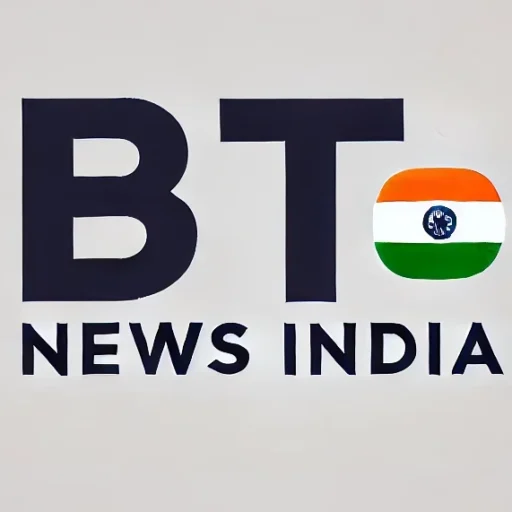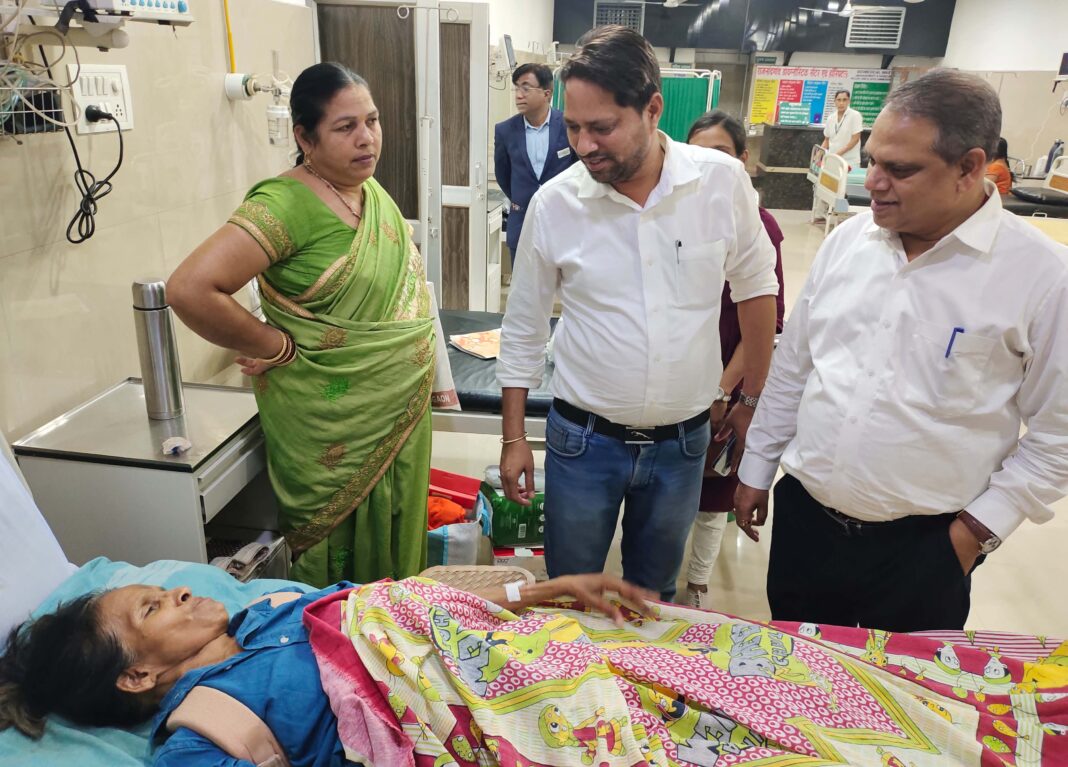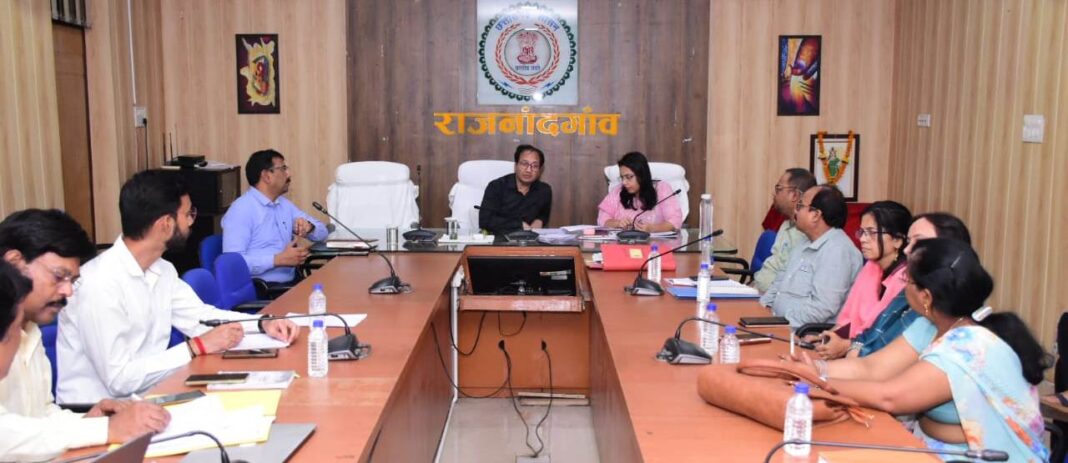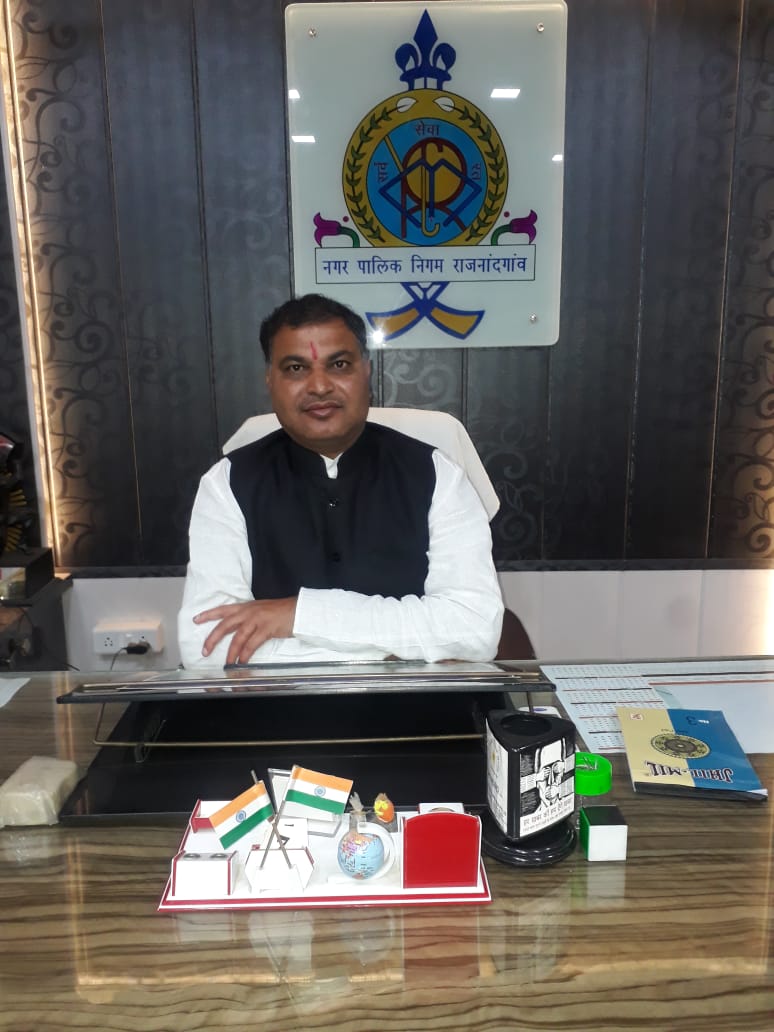Rajnandgaon (BTI)- Under the leadership of Chief Medical and Health Officer Dr. Netram Navratan, a district-level team conducted surprise inspections of several private hospitals empaneled under the Ayushman Bharat Pradhan Mantri Jan Arogya Yojana and the Shaheed Veer Narayan Singh Ayushman Health Scheme. The inspected facilities included Jai Tulsi Multispeciality Hospital, Sanjeevani Nursing Home (Chikhli), Chinmaya Multispeciality Hospital (Rajnandgaon), Samda Super Speciality Hospital, Shri Krishna Hospital, Dr. Dixit Super Speciality Hospital Pvt. Ltd., Shukla Multispeciality Hospital, Parakh Nursing Home, Shri Ram Hospital, and United Hospital.

In Rajnandgaon district headquarters, a total of 28 private hospitals are registered under these health schemes.
During the inspections, the team instructed all hospitals to ensure that patients admitted under the scheme avail treatment strictly through their Ayushman cards, in accordance with official guidelines. The authorities also issued a stern warning, stating that disciplinary action would be initiated against hospitals failing to comply with the prescribed standards set by the government.

Additionally, the team directed all hospitals to ensure Health Professional Registry (HPR) registration for their doctors, nursing, and paramedical staff under the Ayushman Bharat Digital Mission. They were also instructed to maintain comprehensive records pertaining to staff appointments, joining letters, and salary disbursements. Hospitals were further advised to facilitate the issuance of Ayushman Cards and Ayushman Vay Vandana Cards (for senior citizens) to eligible patients and their attendants visiting OPD and IPD services.

The inspection team comprised Drug Inspectors Mr. Naveen Kumar Baghel and Mr. Vishnu Prasad Sahu, District Project Coordinator for Ayushman Bharat Mr. Aishwarya Sav, and Health Mitan Mr. Pawan Yadav.
Mandates Under the Ayushman Bharat & Shaheed Veer Narayan Singh Health Scheme:
As per government regulations, hospitals empaneled under these schemes are required to prominently display their registration boards at the entrance or a suitable location within the premises. Additionally, information regarding the rights and responsibilities of patients availing treatment under the Ayushman scheme must be visibly exhibited within the hospital.
Hospitals must also display the list of specialties for which they have received empanelment under the scheme, along with the government-approved treatment packages and corresponding rates, in a flex board within the waiting area.
Prior to admission, hospitals are obligated to obtain written confirmation from patients or their attendants regarding the availability or unavailability of an Ayushman card. In the absence of such a card, a handwritten consent letter must be secured from the patient or their family; typed or pre-printed consent forms will not be considered valid.
In cases where patients possess an Ayushman card, registration under the scheme must be completed within 72 hours of admission. Eligible patients are entitled to free treatment ranging from ₹50,000 to ₹5 lakh under the scheme. Hospitals are strictly prohibited from charging any additional fees from patients or their families.
Moreover, patients must be informed about the amount blocked for treatment and the remaining insurance cover on their Ayushman card post-treatment. Hospitals are also required to provide complimentary meals during hospitalization and free medicines at the time of discharge.




